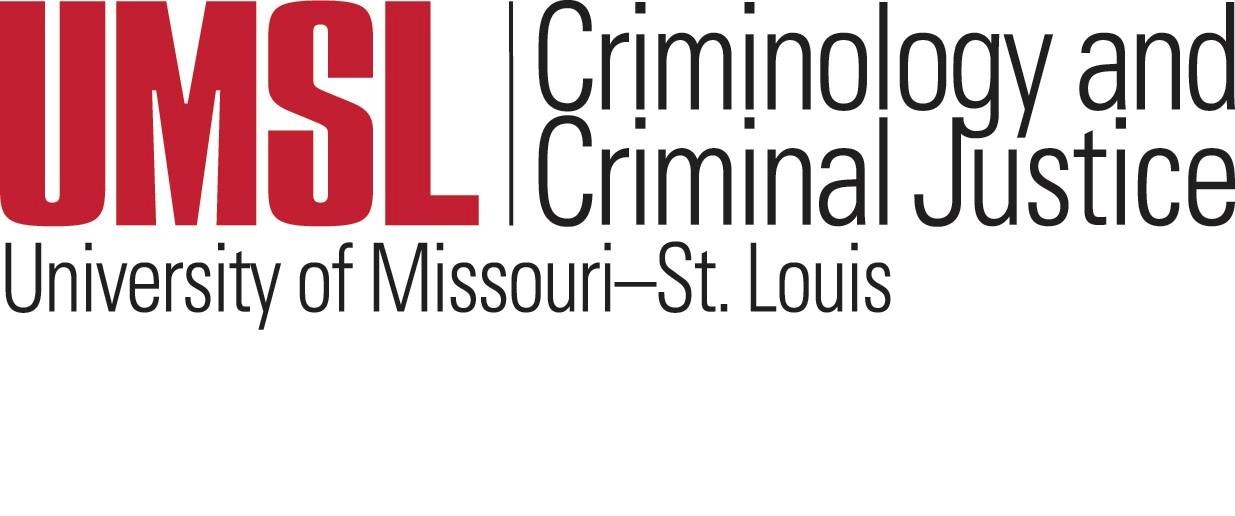Document Type
Article
Keywords
monetary sanctions, community corrections, municipal courts, private probation, punishment
Abstract
Probation is the most commonly imposed correctional sanction, is often accompanied by supplementary costs, and can be operated by the state or private companies. Private probation is a unique sanction used in lower courts, most often for misdemeanor offenses, and is managed by third-party actors. We focus on documenting the process and unique costs of private probation, including the rituals of compliance and proportionality of punishment. We use data from interviews with individuals on private probation and local criminal justice officials as well as evidence from court ethnographies in Georgia and Missouri. For individuals on private probation, payment of monetary sanctions is a crucial way of demonstrating compliance. Yet the financial burden of added costs for supervision and monitoring creates substantial challenges. The scope of probation is wide and deep and currently—as of the 2020 census—includes 3.5 million people, or one in every seventy-two adults in the United States (Kaeble and Alper 2020). The number of people on probation has increased fourfold in the past four decades, which has led some to term the current era as one of mass probation (Phelps 2020). Concomitant with the growth of probation has been an increase in the costs assessed by the criminal legal system overall (Martin et al. 2018; Fernandes et al. 2019) and for probation supervision more specifically (Bannon, Nagrecha, and Diller 2010; Ruhland 2019; Brett, Khoshkhoo, and Nagrecha 2020). Costs assessed to individuals on probation are commonplace and can include a monthly supervision fee, as well as expenses associated with conditions of supervision. Evidence is emerging to suggest that compliance with these costs can pose challenges (Brett, Khoshkhoo, and Nagrecha 2020), and failure to pay fines and probation costs can lead to additional sanctions including the extension of supervision and incarceration for noncompliance, among other outcomes (Friedman et al. 2022, this volume; Ruhland 2019). During this time, there has been a growth in the use of private probation, a practice not often captured in studies of probation or official correctional statistics (Phelps 2020). Private probation is unique and separate from state or felony probation systems and is used predominantly for individuals convicted of misdemeanor, traffic, or ordinance offenses under the purview of local courts. Private probation is also distinctive in that it is managed by third-party, for-profit entities and often accompanied by conditions of compliance including drug testing, electronic monitoring, and specialty classes (Bellacicco 2013; Albin-Lackey 2014). Unlike traditional probation, which was designed to provide community supervision in lieu of incarceration and based on a peer support model, many argue that private probation has become instead another way in which criminal legal institutions make money (Harris, Smith, and Obara 2019), as the burden to fund the system falls on system users (Rosenthal and Weissman 2007; Appleman 2016). Although state probation systems certainly charge people on probation for supervision and additional costs of compliance, these entities are typically funded more substantially by state tax revenues. Private probation companies, however, promise local jurisdictions that they will pay nothing for these services because all costs of supervising misdemeanor probationers will be covered by fees charged to those under supervision (Schloss and Alarid 2007). This dynamic highlights the distinct profit motive underlying private probation that is less pronounced for state agencies. Moreover, these costs of private probation are often hidden from view and are assessed without traditional due process protections, making them a part of the ever-growing shadow carceral state (Beckett and Murakawa 2012; Friedman et al. 2022, this volume). In this article, we build on existing work on monetary sanctions and mass probation by documenting the process and related costs of private probation in two states, Georgia and Missouri. Data for the study come from a series of qualitative interviews conducted with individuals with legal debt and criminal justice decision-makers as well as court observations. Three prominent themes emerge. First, the costs for private probation are often considerable, layered, and hidden. Second, the rituals of compliance are opaque and cumbersome, particularly for those without economic means. Third, given the barriers to compliance, individuals are often sentenced to disproportionate punishment relative to those on felony probation. Taken together, our findings show that the conditions of private probation are multilayered and insufficiently regulated, resulting in punishments that are disproportionate to the severity of the offense.
Publication Date
1-1-2022
Publication Title
RSF: The Russell Sage Foundation Journal of the Social Sciences
Volume
8
Issue
1
DOI
10.7758/RSF.2022.8.1.08
Recommended Citation
Huebner, Beth and Shannon, Sarah, "Private Probation Costs, Compliance, and the Proportionality of Punishment: Evidence from Georgia and Missouri" (2022). Criminology and Criminal Justice Faculty Works. 18.
DOI: https://doi.org/10.7758/RSF.2022.8.1.08
Available at:
https://irl.umsl.edu/ccj-faculty/18


